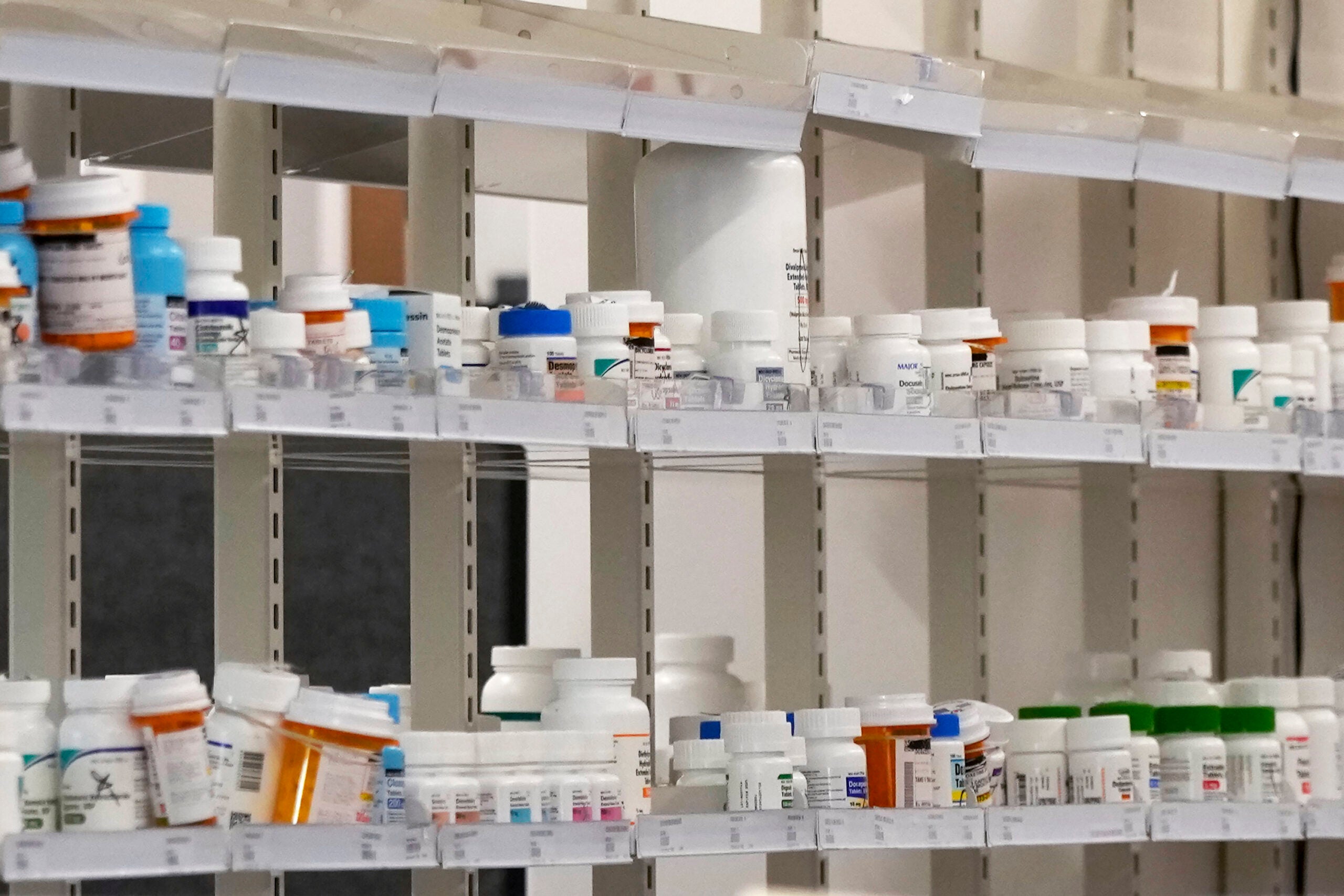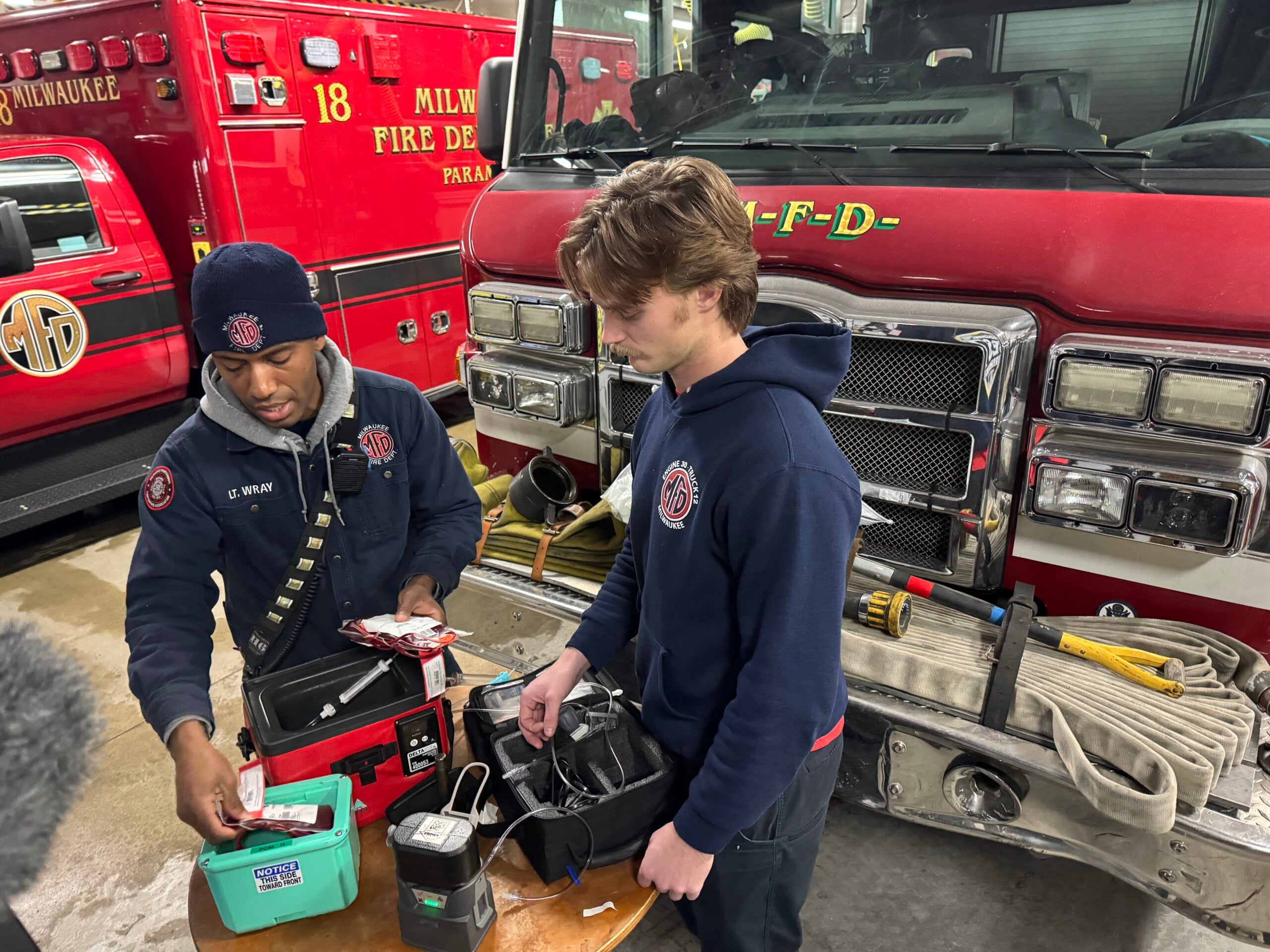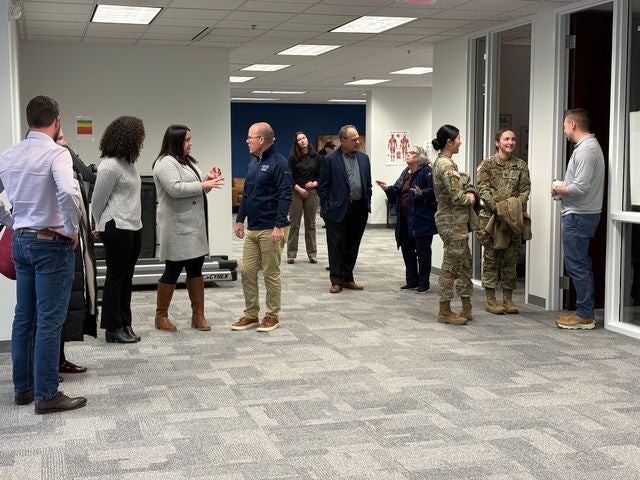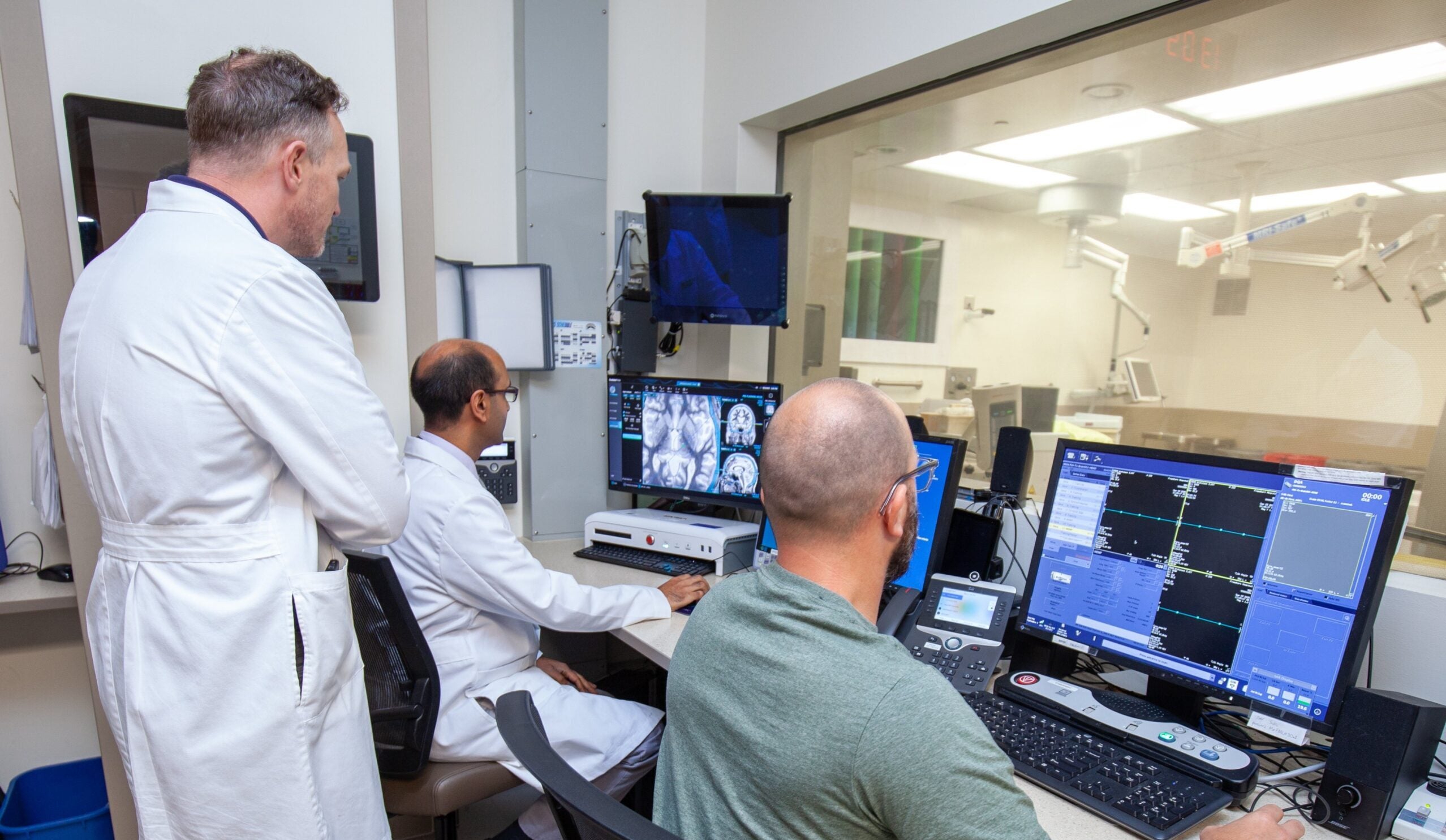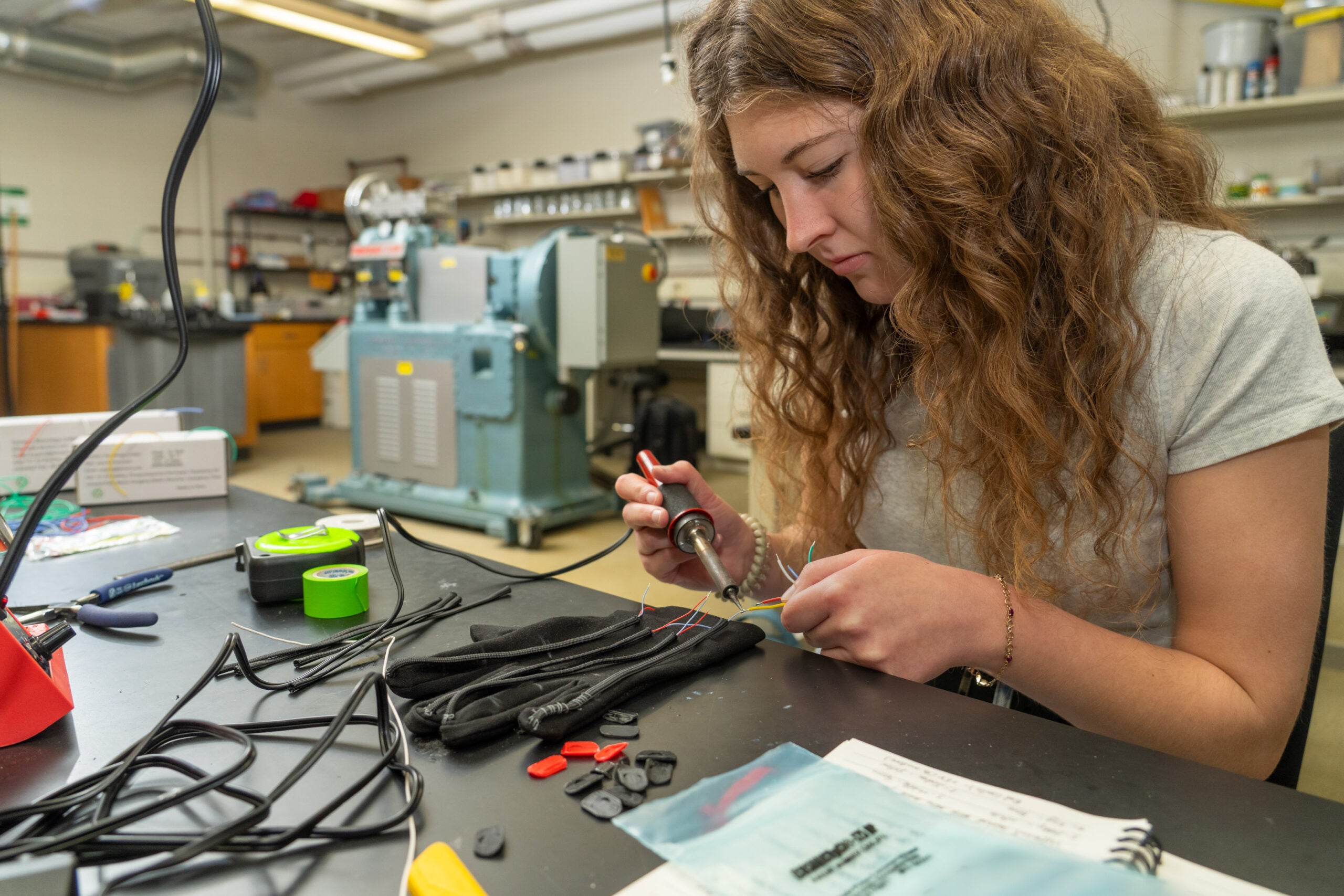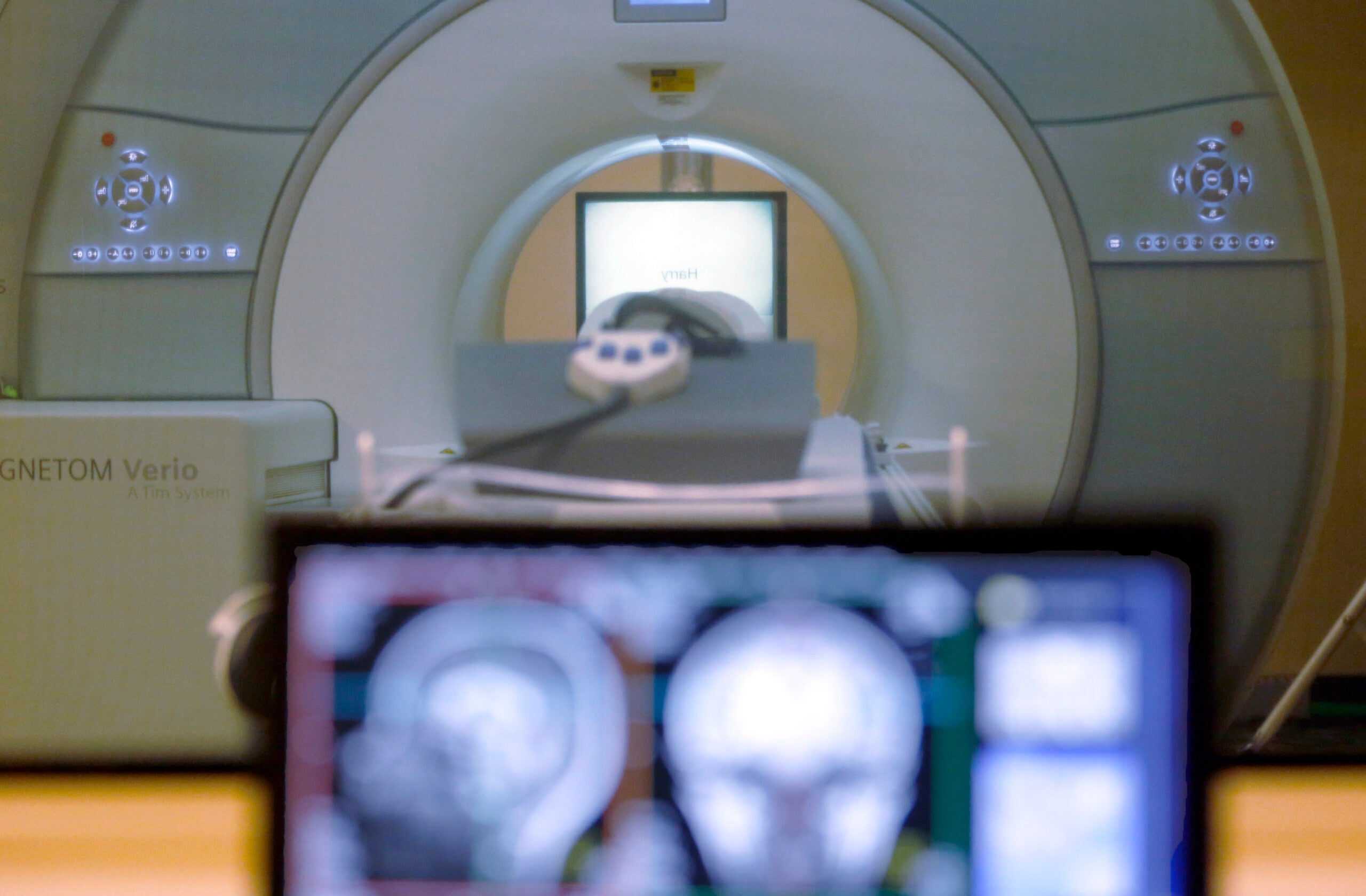Almost 15 years ago, professor Betty Chewning of the University of Wisconsin-Madison School of Pharmacy was struck by an idea. Instead of focusing only on helping students learn how to speak with patients, what if she could help teach patients, as well?
Her idea became Med Wise Rx, an education program aimed at teaching older Wisconsinites to better communicate with pharmacists and safely manage multiple prescriptions.
She launched the program in 2011 with pharmacist and fellow professor Beth Martin. Med Wise started with educational workshops at Portage County’s Aging & Disability Resource Center. Since then, they’ve helped offer training and resources in 14 counties across the state.
News with a little more humanity
WPR’s “Wisconsin Today” newsletter keeps you connected to the state you love without feeling overwhelmed. No paywall. No agenda. No corporate filter.
“I teach pharmacists to communicate well with patients,” Chewning said. “And obviously what we need to do is to have patients taught how to get the attention of a pharmacist or a health care provider, how to ask for the help with their concern, how to get the service that they need.”
The program is focused on supporting adults over 65 who are taking multiple medicines, including vitamins or supplements, Martin said.
“It teaches the participants what questions to ask about their medicines, how they can raise concerns and gain confidence talking with providers,” Martin said. “And also, importantly, how to ask for a medication review or a medication checkup.”
Pharmacists may do annual medication reviews to help patients evaluate their many prescriptions and how the drugs interact.
“They get the possibility of finding out that they don’t need to take three of their medications anymore,” Chewning said. “It’s a very important thing to get it.”
Recently, the Med Wise team has begun to offer their educational resources virtually. They hope doing so will help them reach a wider audience.
“You can be in another county and get it through a different county, if your folks haven’t already received the training for it,” Chewning said.
Most Med Wise programming currently happens at county aging and disability resource centers, where older adults can hear from local pharmacists and watch virtual scenarios of patients asking questions about their medications.
Next, the Med Wise team is working on a study to evaluate the program’s impact on patients.
“Over 90 percent gave ‘very strongly agree,’ that they would be recommending it to friends,” Chewning said. “They felt respected.”
Wisconsin Public Radio, © Copyright 2026, Board of Regents of the University of Wisconsin System and Wisconsin Educational Communications Board.

